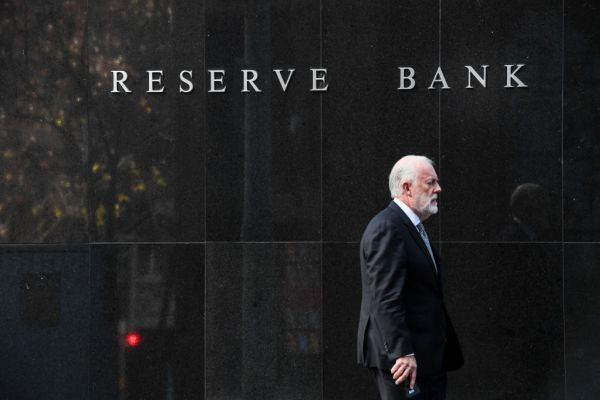April Interest Rate Announcement
RBA Keeps Cash Rate Steady At Record Low of 0.10 per Cent
Source: Domain.com.au
Despite the most rapid surge in home prices in 32 years, the Reserve Bank of Australia is to hold the record low interest rate of 0.10 per cent steady, it announced after its monthly meeting on April 6.
In good news for first-home buyers trying to break into the market, and continued encouragement for investors to return, RBA governor Philip Lowe has indicated he’s determined to resist calls to raise the rate in order to cool red-hot property prices.
“It’s all about ‘steady as she goes’,” said Westpac senior economist Matthew Hassan. “He’ll want to get us over the end of JobKeeper and JobSeeker … and make sure everything else is going well.
“At this stage, he wants to keep the wider economy in a delicate hold, and doesn’t want to remotely rattle any part of it. The economy is doing well, the vaccine roll-out is looking good and the virus isn’t running amok here. He can take a more nuanced role later in the year when we’ve got through this period.”
Australian Prudential Regulation Authority (APRA) chairman Wayne Byres has already said that trying to curb rising house prices isn’t its role, and at the moment he doesn’t see the 2.8 per cent national jump in March on Core Logic figures — with Sydney prices rocketing up 3.7 per cent and Melbourne prices jumping 2.4 per cent — as any threat to financial stability.
With that kind of narrow mandate, and the RBA’s broader wish list of factors such as a stronger labour market and wages growth, the decision not to raise the interest rates has come as no surprise.
Dr Shane Oliver, chief economist of AMP Capital, said he believed Mr Lowe would also like to see an inflation rate of between two and three per cent, rather than its current rate of around one per cent.
“But this could well be the lull before the storm,” said Dr Oliver. “You never know whether there might be rougher seas ahead with bond yields rising again, as they did before, and a few clouds gathering on the horizon, like a pick-up in headline inflation or the housing boom gathering pace and putting more pressure on the RBA and APRA.
“Already we see headline inflation heading up to maybe 3.5 per cent or 4 per cent with the Consumer Price Index coming back up as a result of childcare costs no longer being covered, the excise tax increase and petrol prices up. And they will be keeping an eye on the housing market as they don’t want to see any deterioration in lending standards.”
There would also need to be decisions made about when quantitative easing might end before any change in the interest rate could even be considered, said Tim Reardon, chief economist of the Housing Industry Association.
But at the moment, the low interest rate is helping drive the market, along with improving economic conditions, rising confidence levels, government incentives and a lack of supply.
“Those rising prices will end up acting as a shock absorber for first-home buyers who are currently making up 43 per cent of the market,” said Mr Reardon. “But as capital growth improves and rents pick up, we’ll see investors returning.
“We’re now seeing a demographic shift in the country, too, with a move away from apartments and capital cities with the restriction on overseas migration and the drop in hospitality employment and number of students, and an increase in popularity of detached houses in residential areas as people want more space.”
First-home buyers are, as a result, being driven further away from the middle-ring suburbs of cities, into outer suburbs or regions, as unaffordability gradually edges out the advantages of low interest rates and grants.
With investors facing uncertainty, Real Estate Institute of Australia president Adrian Kelly said first-home buyers were making hay while the sun shone.
“On the plus side for them, there’s also a bit of talk about the ‘relaxation’ of lending restrictions, and we’ve had a few conversations with the Federal Government around that,” he said.
If the market does become too heated, many onlookers are confident that the banks will self-regulate as they won’t want to be over-exposed on their loans. And after the Royal Commission, Mr Kelly said, they’re behaving much more responsibly, as with their decision to pause mortgage repayments over COVID-19.
“But mostly, the difficulty we’re facing at the moment is a supply problem,” he said. “In a normal market, you have a happy seller and a happy buyer. Now, you have a happy seller and a happy buyer … and 19 frustrated and unhappy unsuccessful buyers. We simply need to build more houses.”




